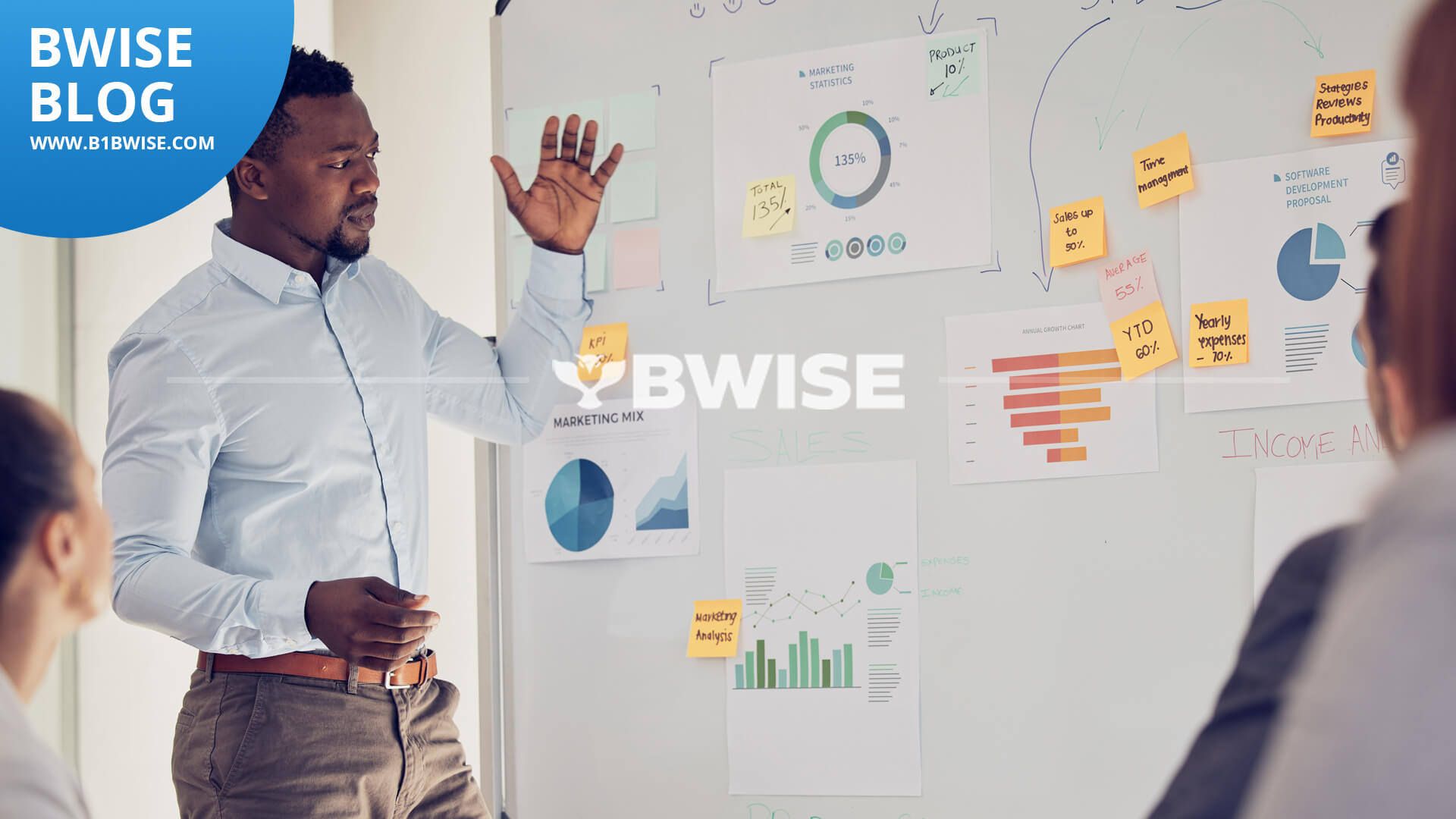
Enterprise Resource Planning (ERP) systems are critical tools for streamlining business operations, improving efficiency, and enhancing decision-making. However, selecting the right ERP implementation partner is equally crucial to ensure the success of your ERP project. In this article, we’ll discuss the key steps and considerations to guide you in choosing the best ERP implementation partner for your organization.
Define Your Needs and Objectives
Before you embark on the partner selection process, it’s essential to clearly define your organization’s ERP needs and objectives. Consider the following:
• What specific business processes and functions do you want to improve or automate with an ERP system?
• What are your short-term and long-term goals for the ERP implementation?
• Do you have any industry-specific requirements or compliance standards to meet? Having a well-defined set of requirements will serve as your compass in evaluating potential ERP partners.
Research Potential Partners
Start your search by identifying potential ERP implementation partners. You can:
• Search online for ERP consulting firms and service providers.
• Request recommendations from peers, colleagues, or industry associations.
• Attend industry conferences and expos where ERP providers and partners exhibit their services.
Verify Partner Credentials
One of the most critical aspects is to ensure that the ERP partner you choose is qualified and reputable. Here’s what to look for:
• Authorized Partner Status: Confirm that the partner is an authorized provider of the ERP system you plan to implement. This certification ensures they meet the software vendor’s standards.
• Certifications and Expertise: Evaluate the partner’s team for relevant certifications and expertise. Team members with ERP-specific training and experience are valuable assets.
Review Case Studies and Client References
A reliable ERP implementation partner should be able to provide you with case studies of their past projects and client references. This information allows you to:
• Assess their track record in successfully implementing ERP systems.
• Connect with previous clients to gain insights into their experiences with the partner.
Industry Experience
Consider the partner’s experience within your specific industry. Industry knowledge can make a significant difference in tailoring the ERP system to your unique needs, understanding industry-specific regulations, and optimizing processes.
Assess Support and Service Quality
The success of your ERP project doesn’t end with the implementation. Post-implementation support is vital. Ask potential partners about:
• Their approach to ongoing support and maintenance.
• Service-level agreements (SLAs) for issue resolution and system updates.
Evaluate Size and Resources
The size of the ERP partner can impact the level of service and resources available to your project. While larger firms may offer more resources, smaller partners may provide a more personalized service. Choose based on your specific needs.
Engage in In-Depth Discussions
Hold face-to-face or virtual meetings with potential partners to discuss your project. These discussions help you:
• Gauge the partner’s understanding of your requirements and project scope.
• Assess their communication, problem-solving, and project management skills.
Inquire About Project Methodology
Understanding how the ERP partner plans, executes, and supports ERP implementations is crucial. Inquire about their project methodology, timelines, and key milestones. A well-structured approach ensures a smoother implementation process.
Clarify Costs and Budget
Ensure that you have a clear understanding of the costs associated with the ERP implementation. This includes licensing fees, services, support, and any potential additional costs that may arise during the project. The partner’s proposal should align with your budget.
Customization Capabilities
Discuss the partner’s ability to customize the ERP system to meet your organization’s unique business processes and needs. A one-size-fits-all approach may not be suitable for your organization.
Training and Knowledge
Transfer Ask about the partner’s training programs and knowledge transfer processes. Your team will need to understand how to use and maintain the ERP system effectively to maximize its benefits.
Data Security and Compliance
If your organization operates in an industry with specific data security and compliance requirements, ensure that the ERP partner can address these in the implementation to meet regulatory standards.
Review Contracts Carefully
Before finalizing your choice, review and understand the terms and conditions in the contract. Ensure that the contract includes clear service level agreements, project timelines, responsibilities, and dispute resolution procedures.
Conclusion
Selecting the best ERP implementation partner is a decision that can significantly impact the success of your ERP project. Careful consideration of the partner’s credentials, experience, and compatibility with your organization’s needs is essential. By following the steps and considerations outlined in this guide, you can ensure a successful ERP implementation that aligns with your business objectives and leads to improved efficiency and growth.
About BWISE
BWISE is a versatile business management system that can be implemented across all facets of warehouse and front office operations, facilitating optimal business performance through the efficient management of tasks, operations, budgets, and productivity tracking.
The all-inclusive, #1 ranked, ERP system – SAP Business One together with the Leading WMS Software Package for “New Age” B2C/DTC Fulfillment Businesses – WISE, combined in a unique, scalable, world-class solution capable to manage your entire business and to transform your warehouse into a competitive advantage.
BWISE just received the highest overall score in SelectHub’s ERP category, beating 676 other ERP solutions. With a score of 94 out of 100, BWISE beat out other big names such as; Oracle’s NetSuite, Microsoft Dynamics 365, Acumatica, Epicor, and other big ERP solution providers. Built especially for distributors, 3PL’s, and manufacturers, it checks all the necessary boxes to bring your business to the next level. We offer a “no-commitment” discovery call to make sure that what we offer fits what you need and more. Remember B1 – BWISE!!

